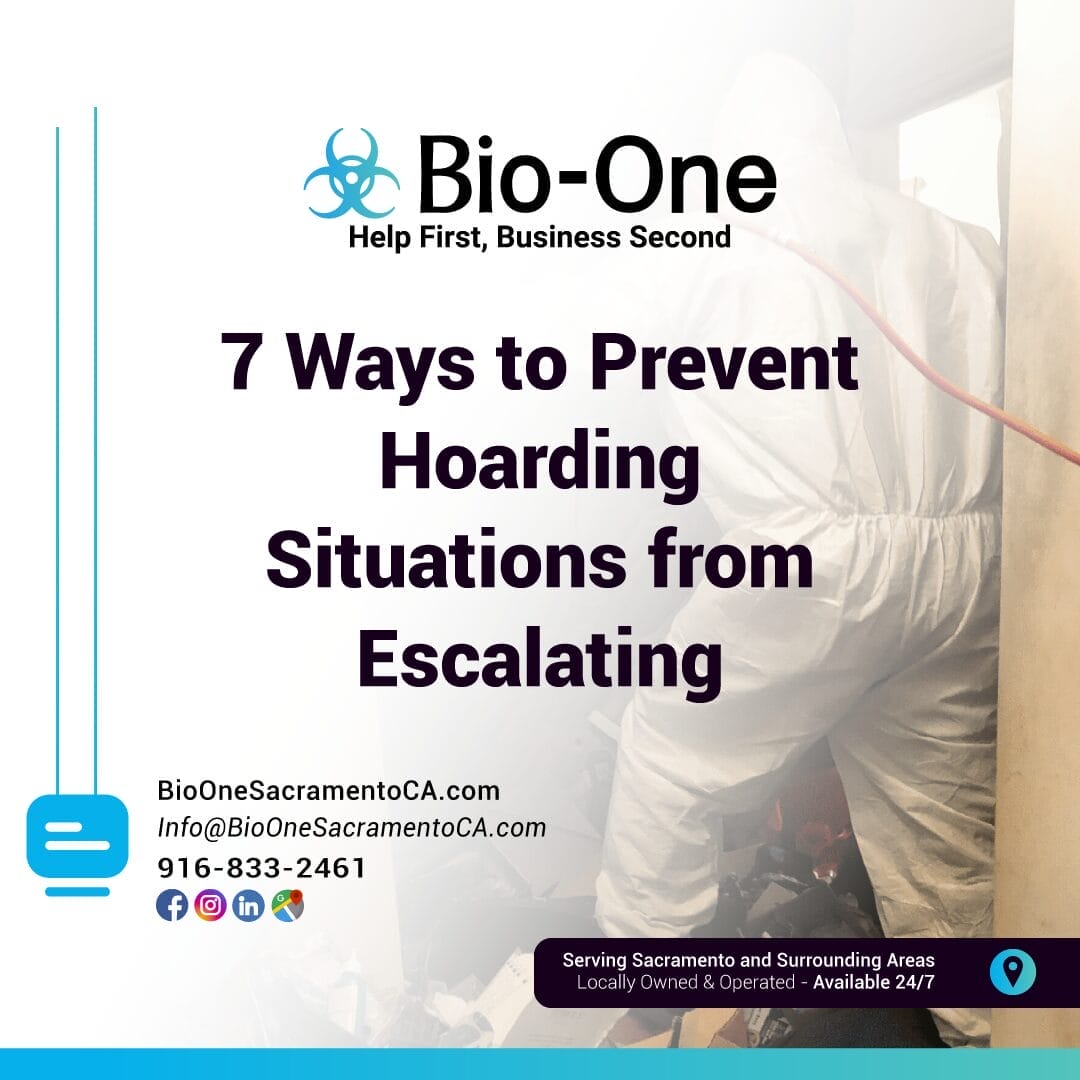
Hoarding is often rooted in emotional or psychological challenges. For those at risk, the consequences can spiral out of control, affecting their physical and mental health, relationships, and living conditions. If you’re a family member, caregiver, or someone concerned about hoarding, you’re in the right place. This article shares practical, compassionate prevent hoarding situations from escalating while offering support and understanding to those who need it. Let's take a closer look at strategies that can make a meaningful difference.
What is Hoarding Disorder?
Hoarding disorder is characterized by persistent difficulty discarding or parting with possessions, regardless of value. What sets it apart from ordinary clutter is the significant distress or impairment it causes in daily life—blocking living spaces, creating safety hazards, and straining relationships.
It’s important to note that hoarding is often not a “lifestyle choice.” Instead, it may stem from underlying conditions like anxiety, depression, or trauma. A compassionate, non-judgmental approach is key when supporting someone struggling with hoarding.
The Importance of Addressing Hoarding Early
When hoarding tendencies go unaddressed, they can quickly worsen. Clutter can pile up to the point where it creates health risks, such as fire hazards, infestations, or blocked pathways. Additionally, emotional distress often intensifies, leaving individuals isolated and overwhelmed.
The good news? With early intervention and empathetic support, families and caregivers can help those at risk manage their behaviors before things spiral out of control.
Below are actionable hoarding prevention tips that will empower you to help a loved one—or yourself—while fostering a positive and supportive environment.
1. Recognize the Early Signs
The earlier you identify hoarding behaviors, the easier it becomes to prevent escalation. Look out for signs such as:
- Difficulty letting go of items without clear reasons
- Accumulating excessive quantities of similar objects
- Avoidance of decision-making regarding possessions
- Clutter beginning to obstruct living spaces or pathways
If you notice these tendencies, approach the individual with kindness and understanding, never judgment. Recognizing the issue early is the first step toward improvement.
2. Foster Open Communication
Hoarding often thrives in secrecy. Encourage open, non-judgmental conversations about how your loved one feels about their belongings and why they find it hard to part with them.
Helpful phrases you can use:
- "I understand this item is important to you. Can you help me understand why?"
- "I’m here to listen, not judge. How can I support you?"
- "Your feelings are valid, and this seems really overwhelming. Let's take it one step at a time."
Ensure that the person feels heard and respected. Building trust lays the foundation for addressing hoarding behaviors collaboratively.
3. Set Small, Achievable Goals
Combatting hoarding doesn’t happen overnight. Instead of tackling the entire issue at once, break the process into manageable steps. For example:
- Start with one drawer, shelf, or corner of a room.
- Set a short, time-bound goal, like decluttering for 15 minutes each day.
- Celebrate every small achievement, no matter how minor it seems.
Progress takes time, and it’s important to acknowledge and praise every step in the right direction.
4. Create a Framework for Decision-Making
Many individuals who hoard struggle with deciding what to keep and what to discard. Simplify the process by providing a framework they can follow:
- "Does this item serve a purpose I need today?"
- "Have I used this within the past year?"
- "Could someone else benefit from this more than I do?"
Encourage sorting items into clearly labeled categories, such as “keep,” “donate,” “discard,” and “undecided.” This approach reduces the feeling of overwhelm and provides structure.
5. Introduce Professional Help
Hoarding disorder often requires more than just well-meaning support from loved ones. Therapy and professional hoarding cleanup companies can provide valuable tools and perspectives to address the root causes.
- Cognitive Behavioral Therapy (CBT): Helps individuals work through anxiety or cognitive distortions related to their belongings.
- Professional Cleanup Services: Compassionate hoarding cleanup services can help create a safe and healthy home environment. These experts prioritize privacy, respect, and discretion.
- Support Groups: Connecting with others who share similar experiences can provide a sense of community and validation.
It’s okay to acknowledge that some issues are best addressed with the help of trained professionals.
6. Provide Emotional Support, Not Pressure
It’s important to remember that hoarding is deeply emotional. Applying pressure or insisting that someone “just get rid of it” is counterproductive and can lead to further resistance.
Instead, offer steady emotional support, letting your loved one know they’re not alone in this process. Statements like "What matters to you matters to me" can go a long way in building trust.
7. Promote Long-Term Habits and Accountability
Once progress has been made, it’s essential to implement strategies to prevent relapse, such as:
- Routine Maintenance: Schedule regular decluttering sessions to keep the space manageable.
- Adopt the “One-In, One-Out Rule”: For every new item brought into the home, one old item must be donated or discarded.
- Celebrate Milestones: Mark progress along the way—it can motivate consistent improvement.
Creating lasting habits empowers individuals to sustain the gains they’ve made over time.
Compassion and Patience Go a Long Way
Addressing hoarding situations can be challenging, but it’s important to remember that transformation begins with understanding. Whether you’re a caregiver, family member, or someone struggling personally, compassionate intervention and small, consistent actions can prevent hoarding from spiraling out of control.
If you or a loved one need additional support, please consider reaching out to Bio One of Sacramento. Our professional and understanding team specializes in compassionate hoarding cleanup services, offering support every step of the way to help restore spaces and peace of mind.
Taking the first step might seem daunting, but with patience and care, positive change is possible.


